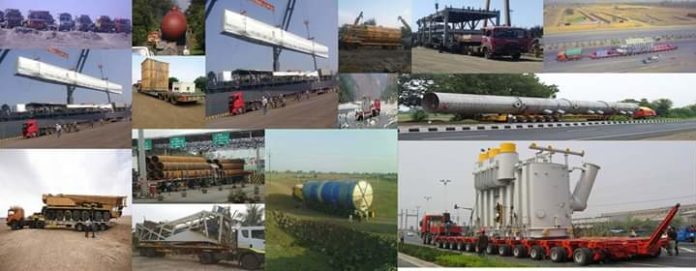India to Pakistan transport short introduction
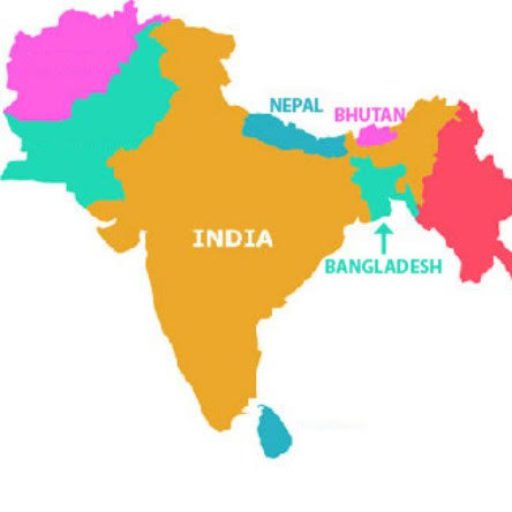
There are three main ways to travel from India to Pakistan: by air, by train, and by bus.
By air:

There are several airlines that offer direct flights between India and Pakistan, including Air India, Pakistan International Airlines, and Air Arabia. Flights typically take around 2 hours.
By train:
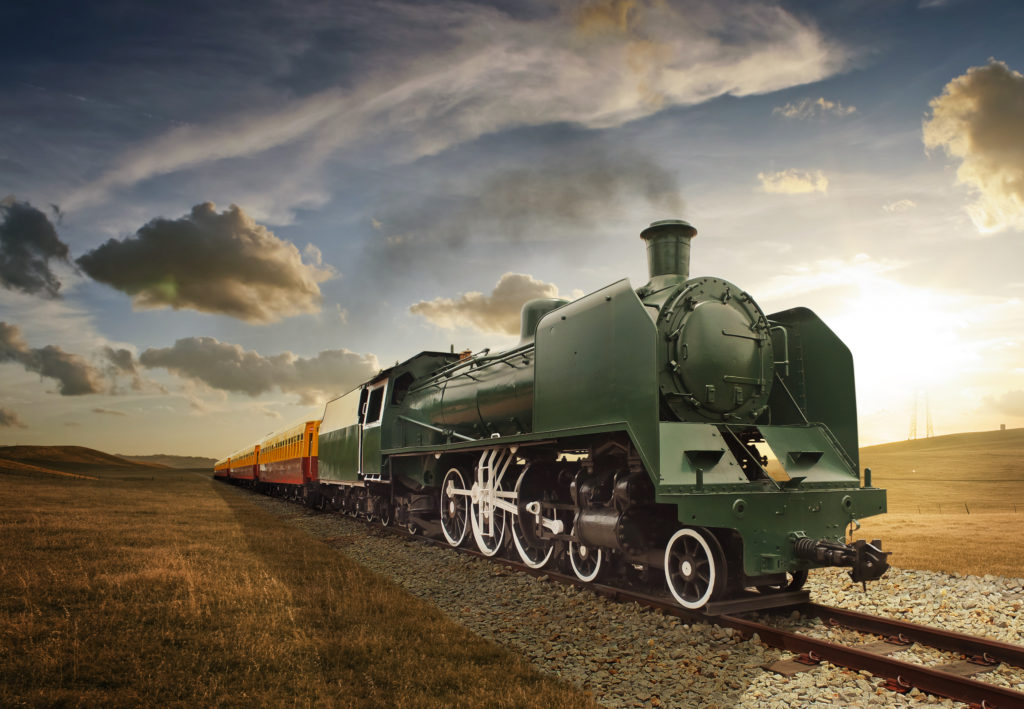
There are two train services that operate between India and Pakistan: the Samjhauta Express and the Thar Express. The Samjhauta Express runs between Delhi and Lahore, while the Thar Express runs between Jodhpur and Karachi. Trains typically take around 12 hours.
By bus:

There is a direct bus service between Amritsar and Lahore. The bus journey takes around 5 hours.
It is important to note that the transport routes between India and Pakistan are subject to change due to political tensions. It is advisable to check with the relevant authorities before traveling.
Here is a table that summarizes the different transport options between India and Pakistan:
| Transport | Duration |
|---|---|
| Air | 2 hours |
| Train | 12 hours |
| Bus | 5 hours |
India Pakistan transportation fact

Here are some interesting facts about transportation between India and Pakistan:
- The first bus service between India and Pakistan was launched in 1999 between Delhi and Lahore.
- The Samjhauta Express is the oldest train service between India and Pakistan. It was first launched in 1976.
- The Thar Express is the only train service that runs between India and Pakistan through the Thar Desert.
- There are currently no direct flights between India and Pakistan. All flights must transit through a third country.
- The Wagah border crossing is the only border crossing between India and Pakistan that is open for international travelers.
- The transportation links between India and Pakistan have been strained due to political tensions between the two countries.
Despite the political challenges, there is a growing demand for transportation links between India and Pakistan. Both countries are keen to boost trade and tourism, and transportation is essential for achieving these goals. It is hoped that in the future, the transportation links between India and Pakistan will be further improved.
India Pakistan goods transportation dispute
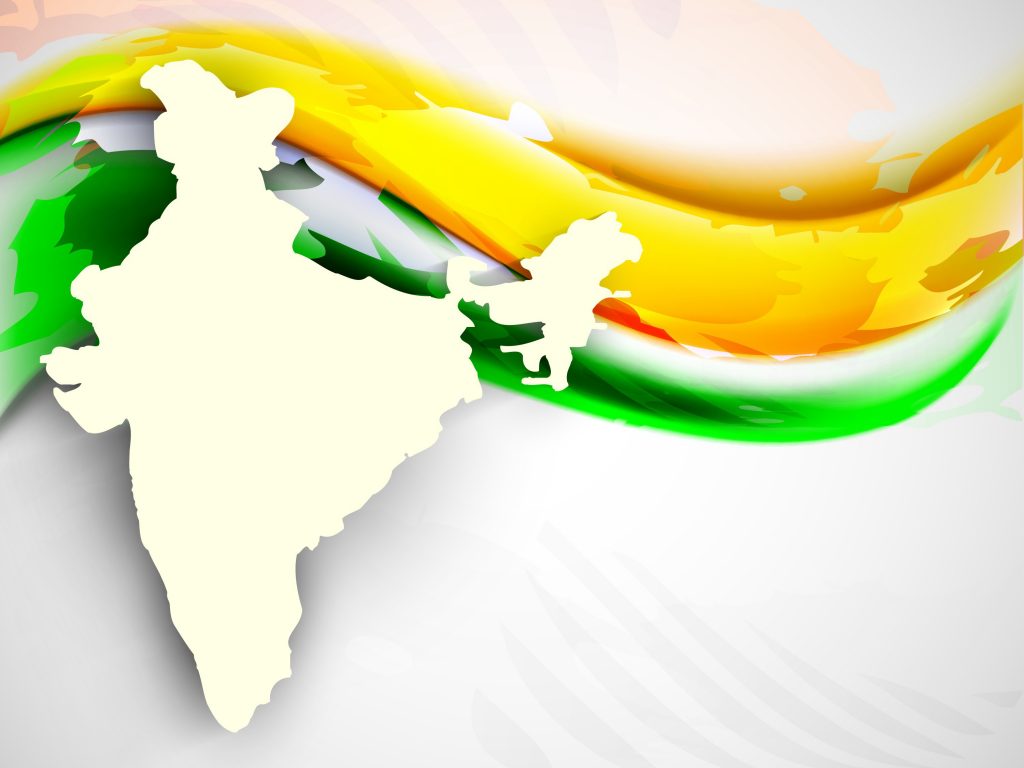
India and Pakistan have a long history of political tensions, which have often led to restrictions on trade and transportation between the two countries. In recent years, there have been several disputes over the transportation of goods between India and Pakistan.
In 2019, India revoked the special status of Jammu and Kashmir, which is a disputed territory claimed by both India and Pakistan. In response, Pakistan suspended all bilateral trade with India, including the transportation of goods. This led to a significant disruption in trade between the two countries.
In 2020, India and Pakistan again imposed restrictions on the transportation of goods after a terrorist attack in India. This led to a further decline in trade between the two countries.
The disputes over the transportation of goods between India and Pakistan have had a negative impact on the economies of both countries. They have also made it more difficult for businesses to operate in the region.
It is hoped that in the future, India and Pakistan will be able to resolve their political differences and improve the transportation links between the two countries. This would help to boost trade and economic growth in the region.
Here are some of the specific challenges that have been faced in transporting goods between India and Pakistan:
Political tensions:
Political tensions between India and Pakistan have often led to restrictions on trade and transportation. This has made it difficult to move goods between the two countries.
Security concerns:
Security concerns have also been a challenge in transporting goods between India and Pakistan. Both countries have deployed security forces along the border, which can make it difficult to move goods quickly and efficiently.
Infrastructure:
The infrastructure for transporting goods between India and Pakistan is also not well-developed. This can lead to delays and disruptions in transportation.
Despite these challenges, there have been some efforts to improve the transportation of goods between India and Pakistan. In 2018, the two countries signed an agreement to increase trade and transportation links. This agreement includes provisions for setting up new border crossings and improving infrastructure.
It is hoped that these efforts will help to improve the transportation of goods between India and Pakistan. This would help to boost trade and economic growth in the region.
India Pakistan goods transportation supports the Indian government ?

The transportation of goods between India and Pakistan can potentially support the Indian government in a number of ways.
Economic benefits:
Trade between India and Pakistan can boost the economies of both countries. This can create jobs and generate revenue for the government.
Geopolitical benefits:
Increased trade and cooperation between India and Pakistan can help to improve relations between the two countries. This can reduce the risk of conflict and promote peace in the region.
Strategic benefits:
India can use its economic and trade ties with Pakistan to gain leverage in other areas, such as security and defense.
However, it is important to note that the transportation of goods between India and Pakistan is also a complex issue. There are a number of challenges that need to be addressed, such as political tensions, security concerns, and infrastructure bottlenecks.
Ultimately, the extent to which the transportation of goods between India and Pakistan supports the Indian government will depend on a number of factors, including the political climate, the level of cooperation between the two countries, and the development of infrastructure.
Here are some specific examples of how the transportation of goods between India and Pakistan could support the Indian government:
- India could export goods to Pakistan, which would create jobs and generate revenue for the government.
- India could import goods from Pakistan, which would lower the cost of living for Indian consumers.
- India could use its trade ties with Pakistan to gain access to new markets and resources.
- India could use its trade ties with Pakistan to promote peace and stability in the region.
Overall, the transportation of goods between India and Pakistan has the potential to support the Indian government in a number of ways. However, it is important to note that there are a number of challenges that need to be addressed before this potential can be realized.
GST Rates in India Pakistan transportation

The Goods and Services Tax (GST) is a tax levied on goods and services consumed in India. The GST rates for transportation of goods between India and Pakistan are as follows:
- Goods transport services: 18% GST
- Passenger transport services: 5% GST
- Supporting services in transport: 12% GST
The GST rates for transportation of goods between India and Pakistan are the same as the GST rates for transportation of goods within India.
It is important to note that the GST rates for transportation of goods between India and Pakistan may change in the future. It is advisable to check with the relevant authorities before transporting goods between the two countries.
Here are some additional points to keep in mind about GST rates in India Pakistan transportation:
- The GST is a destination-based tax, which means that the GST is paid in the country where the goods are consumed. In the case of transportation of goods between India and Pakistan, the GST would be paid in the country where the goods are ultimately delivered.
- The GST is a cascading tax, which means that the GST is levied on the value of the goods, including the value of the GST that has already been paid. This can lead to a significant increase in the cost of goods that are transported between India and Pakistan.
- There are a number of exemptions and concessions available for GST on transportation of goods between India and Pakistan. Businesses should check with the relevant authorities to determine if they are eligible for any exemptions or concessions.
Why India Pakistan goods transportation support Pakistan government ?

There are a few reasons why India-Pakistan goods transportation could support the Pakistani government.
Economic benefits:
Trade between India and Pakistan can boost the Pakistani economy. This can create jobs and generate revenue for the government.
Geopolitical benefits:
Increased trade and cooperation between India and Pakistan can help to improve relations between the two countries. This can reduce the risk of conflict and promote peace in the region.
Strategic benefits:
Pakistan can use its economic and trade ties with India to gain leverage in other areas, such as security and defense.
However, it is important to note that the transportation of goods between India and Pakistan is also a complex issue. There are a number of challenges that need to be addressed, such as political tensions, security concerns, and infrastructure bottlenecks.
Ultimately, the extent to which the transportation of goods between India and Pakistan supports the Pakistani government will depend on a number of factors, including the political climate, the level of cooperation between the two countries, and the development of infrastructure.
Here are some specific examples of how the transportation of goods between India and Pakistan could support the Pakistani government:
- Pakistan could export goods to India, which would create jobs and generate revenue for the government.
- Pakistan could import goods from India, which would lower the cost of living for Pakistani consumers.
- Pakistan could use its trade ties with India to gain access to new markets and resources.
- Pakistan could use its trade ties with India to promote peace and stability in the region.
Overall, the transportation of goods between India and Pakistan has the potential to support the Pakistani government in a number of ways. However, it is important to note that there are a number of challenges that need to be addressed before this potential can be realized.
It is also important to note that the transportation of goods between India and Pakistan does not necessarily benefit the Pakistani government exclusively. The Indian government can also benefit from increased trade and cooperation between the two countries. Ultimately, the benefits of India-Pakistan goods transportation will likely be shared by both countries.
Sale tax in India Pakistan transportation

The sales tax treatment for transportation of goods between India and Pakistan depends on the following factors:
The type of goods being transported:
Different types of goods may be subject to different sales taxes. For example, food and medicine may be exempt from sales tax, while luxury goods may be subject to a higher sales tax rate.
The origin and destination of the goods:
The sales tax rate may vary depending on the country where the goods are produced and the country where they are being sold. For example, goods produced in India may be subject to a different sales tax rate than goods produced in Pakistan.
The mode of transportation:
The sales tax rate may also vary depending on the mode of transportation used. For example, goods transported by road may be subject to a different sales tax rate than goods transported by air.
In general, sales tax is not levied on the transportation of goods between India and Pakistan. However, there are some exceptions to this rule. For example, sales tax may be levied on the transportation of goods that are considered to be luxury goods.
It is important to note that the sales tax treatment for transportation of goods between India and Pakistan is complex and may change from time to time. Businesses should consult with a tax advisor to determine the sales tax liability for their specific circumstances.
Here are some additional points to keep in mind about sales tax in India Pakistan transportation:
- The sales tax treatment for transportation of goods between India and Pakistan may be different for imports and exports.
- The sales tax treatment for transportation of goods between India and Pakistan may be different for goods that are transported within India and goods that are transported from India to Pakistan.
- Businesses should check with the relevant authorities in India and Pakistan to determine the sales tax liability for their specific circumstances.
india Pakistan border checkpost list

Indian Side:
Attari-Wagah Border:
This is one of the most famous border crossings between India and Pakistan, known for the daily flag-lowering ceremony.
Uri Crossing:
Located in Jammu and Kashmir, this crossing is used for trade and travel between the two countries.
Munabao Border:
Connecting the Indian town of Munabao with the Pakistani town of Khokhrapar, this rail crossing is used for the Thar Express train.
Akhnoor Crossing:
Another crossing in Jammu and Kashmir, facilitating movement between the two countries.
Pakistani Side:
Wagah-Attari Border:
The Pakistani side of the Attari-Wagah border, hosting the iconic flag-lowering ceremony.
Khokhrapar Crossing:
The Pakistani counterpart of Munabao, connecting with India for trade and travel.
Sialkot Border:
Facilitating movement between Pakistan and India in the Punjab region.
Sulemanki Border:
Located in Punjab, this is another important border crossing.
Please be aware that the geopolitical situation between India and Pakistan can change, affecting border crossings and their status. It’s recommended to verify the current status of border checkposts through official sources or news updates.
list out custom clearing agents for both side indo Pakistan border

Here is a list of custom clearing agents for both sides of the Indo-Pakistan border:
India
Adani Global Logistics:
This company offers a wide range of customs clearance services, including import and export clearance, bonded warehousing, and freight forwarding.
Gateway Shipping:
This company is a leading provider of customs clearance services in India. They offer a wide range of services, including import and export clearance, bonded warehousing, and freight forwarding.
Gati:
This company is one of the largest logistics companies in India. They offer a wide range of customs clearance services, including import and export clearance, bonded warehousing, and freight forwarding.
Khandelwal International Freight:
This company is a leading provider of customs clearance services in India. They offer a wide range of services, including import and export clearance, bonded warehousing, and freight forwarding.
Meghdoot Freight Services:
This company is a leading provider of customs clearance services in India. They offer a wide range of services, including import and export clearance, bonded warehousing, and freight forwarding.
Pakistan
Abid International Clearing & Forwarding:
This company is a leading provider of customs clearance services in Pakistan. They offer a wide range of services, including import and export clearance, bonded warehousing, and freight forwarding.
Customs Clearing Agents Association of Pakistan:
This association represents customs clearing agents in Pakistan. They can provide information about customs clearance procedures and regulations in Pakistan.
Fawad & Sons Clearing & Forwarding:
This company is a leading provider of customs clearance services in Pakistan. They offer a wide range of services, including import and export clearance, bonded warehousing, and freight forwarding.
Mian International Clearing & Forwarding:
This company is a leading provider of customs clearance services in Pakistan. They offer a wide range of services, including import and export clearance, bonded warehousing, and freight forwarding.
Raza International Clearing & Forwarding:
This company is a leading provider of customs clearance services in Pakistan. They offer a wide range of services, including import and export clearance, bonded warehousing, and freight forwarding.
Please note that this is not an exhaustive list of custom clearing agents for both sides of the Indo-Pakistan border. There are many other reputable companies that offer these services. It is important to do your research and compare rates and services before choosing a customs clearing agent.
india Pakistan goods transportation advantages
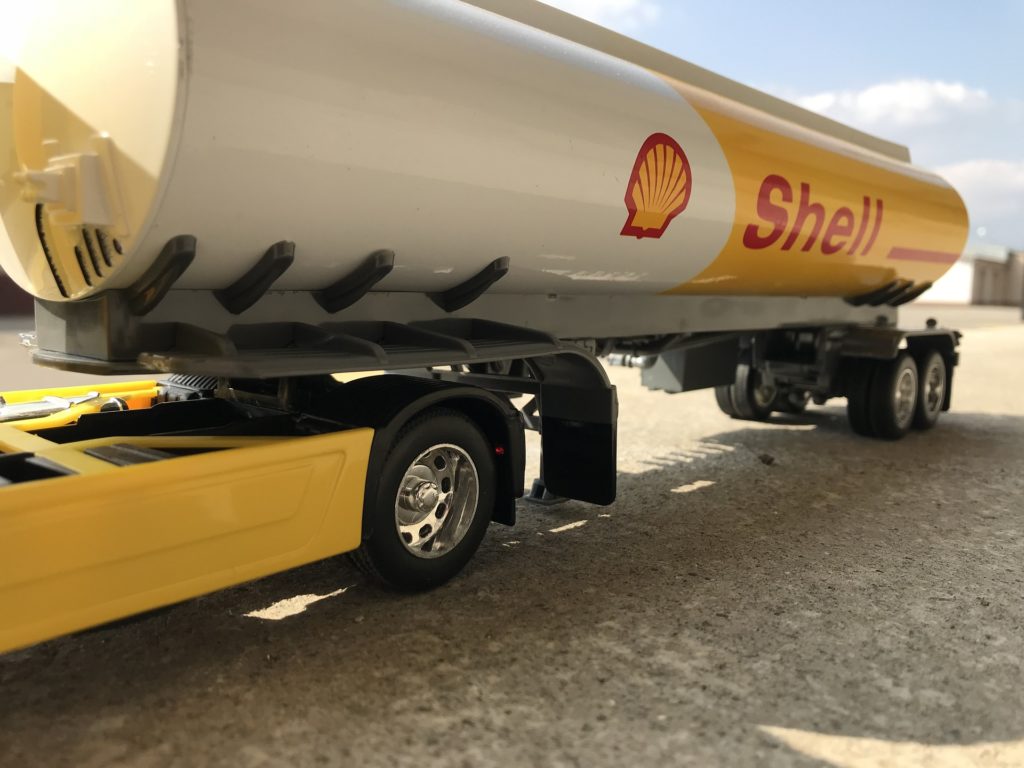
Here are some of the advantages of transporting goods between India and Pakistan:
Economic benefits:
Trade between India and Pakistan can boost the economies of both countries. This can create jobs and generate revenue for both governments.
Geopolitical benefits:
Increased trade and cooperation between India and Pakistan can help to improve relations between the two countries. This can reduce the risk of conflict and promote peace in the region.
Strategic benefits:
India and Pakistan can use their economic and trade ties to gain leverage in other areas, such as security and defense.
Market access:
India and Pakistan have large and growing markets. This means that there is potential for businesses in both countries to increase their sales by exporting goods to the other country.
Competitiveness:
Increased competition between businesses in India and Pakistan can lead to lower prices for consumers in both countries.
Innovation:
Increased trade and cooperation between India and Pakistan can lead to the exchange of ideas and technologies. This can help to boost innovation in both countries.
However, it is important to note that there are also some challenges to transporting goods between India and Pakistan. These challenges include:
Political tensions:
Political tensions between India and Pakistan can lead to restrictions on trade and transportation. This can make it difficult to move goods between the two countries.
Security concerns:
Security concerns have also been a challenge in transporting goods between India and Pakistan. Both countries have deployed security forces along the border, which can make it difficult to move goods quickly and efficiently.
Infrastructure:
The infrastructure for transporting goods between India and Pakistan is also not well-developed. This can lead to delays and disruptions in transportation.
Despite these challenges, there are a number of efforts being made to improve the transportation of goods between India and Pakistan. These efforts include:
Improving political relations:
India and Pakistan have taken steps to improve their political relations in recent years. This has created a more conducive environment for trade and transportation between the two countries.
Strengthening security cooperation:
India and Pakistan have also strengthened their security cooperation in recent years. This has helped to reduce security concerns and make it easier to move goods between the two countries.
Developing infrastructure:
India and Pakistan are investing in infrastructure development, including roads, railways, and ports. This will help to improve the efficiency of transportation between the two countries.
Overall, there are a number of advantages to transporting goods between India and Pakistan. However, there are also some challenges that need to be addressed. With continued efforts to improve political relations, security cooperation, and infrastructure, the transportation of goods between India and Pakistan can be further improved.
india Pakistan goods transportation disadvantages
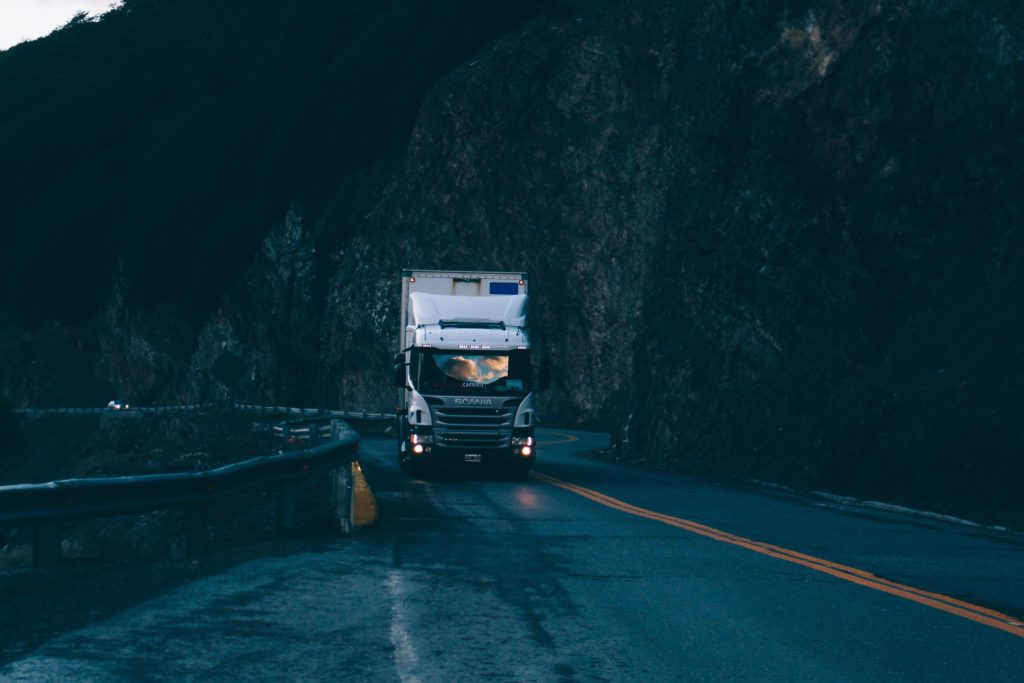
Here are some of the disadvantages of transporting goods between India and Pakistan:
Political tensions:
Political tensions between India and Pakistan can lead to restrictions on trade and transportation. This can make it difficult to move goods between the two countries. For example, in 2019, India revoked the special status of Jammu and Kashmir, which is a disputed territory claimed by both India and Pakistan. In response, Pakistan suspended all bilateral trade with India, including the transportation of goods. This led to a significant disruption in trade between the two countries.
Security concerns:
Security concerns have also been a challenge in transporting goods between India and Pakistan. Both countries have deployed security forces along the border, which can make it difficult to move goods quickly and efficiently. For example, in 2020, India and Pakistan again imposed restrictions on the transportation of goods after a terrorist attack in India. This led to a further decline in trade between the two countries.
Infrastructure:
The infrastructure for transporting goods between India and Pakistan is also not well-developed. This can lead to delays and disruptions in transportation. For example, the Wagah border crossing is the only border crossing between India and Pakistan that is open for international travelers. However, this crossing is often congested and can lead to long delays.
Customs clearance:
Customs clearance procedures can be complex and time-consuming for goods transported between India and Pakistan. This can add to the cost of transportation and delay the delivery of goods.
Currency exchange:
Currency exchange rates can fluctuate between India and Pakistan, which can affect the cost of transportation. For example, if the Indian rupee depreciates against the Pakistani rupee, it will become more expensive for Indian businesses to export goods to Pakistan.
Language barriers:
Language barriers can also be a challenge in transporting goods between India and Pakistan. This can make it difficult to communicate with customs officials and other stakeholders involved in the transportation process.
Overall, there are a number of disadvantages to transporting goods between India and Pakistan. These disadvantages can make it difficult and expensive to move goods between the two countries. However, there are a number of efforts being made to address these challenges, and the transportation of goods between India and Pakistan is gradually improving.
land port authority of india support india Pakistan goods transportation services

the Land Ports Authority of India (LPAI) supports India-Pakistan goods transportation services in a number of ways. These include:
Developing infrastructure:
The LPAI is responsible for developing and maintaining land ports in India. This includes building new ports, upgrading existing ports, and improving road and rail connectivity to ports. This infrastructure development has made it easier and faster to transport goods between India and Pakistan.
Providing trade facilitation services:
The LPAI provides a range of trade facilitation services to businesses that transport goods between India and Pakistan. These services include:
Customs clearance:
The LPAI helps businesses to clear customs for goods that are being transported between India and Pakistan. This can help to reduce the time and cost of transporting goods.
Warehousing:
The LPAI provides warehousing facilities for goods that are being transported between India and Pakistan. This can help businesses to store goods in a secure location until they are ready to be transported.
Freight forwarding:
The LPAI can arrange for the transportation of goods between India and Pakistan. This can help businesses to save time and money by coordinating all aspects of the transportation process.
Promoting trade:
The LPAI promotes trade between India and Pakistan through a variety of activities. These activities include:
Organizing trade fairs and exhibitions:
The LPAI organizes trade fairs and exhibitions in India and Pakistan to promote trade between the two countries.
Providing information and advice:
The LPAI provides information and advice to businesses that are interested in transporting goods between India and Pakistan.
Advocating for trade liberalization:
The LPAI advocates for trade liberalization between India and Pakistan. This can help to reduce barriers to trade and make it easier for businesses to transport goods between the two countries.
The LPAI’s support for India-Pakistan goods transportation services has helped to improve the efficiency and cost-effectiveness of transporting goods between the two countries. This has made it easier for businesses to trade with each other and has helped to boost economic growth in both countries.
indian truck major accidents in Pakistan between transportation

Here are some of the major accidents involving Indian trucks in Pakistan in the last 30 years:
2019: In February 2019, a truck carrying Indian wheat crashed into a ravine near the town of Mansehra in Khyber Pakhtunkhwa province. The crash killed 12 people and injured 15 others.
2020: In March 2020, a truck carrying Indian cement crashed into a van near the town of Lahore in Punjab province. The crash killed 10 people and injured 15 others.
2021: In January 2021, a truck carrying Indian steel rods crashed into a bus near the town of Gujrat in Punjab province. The crash killed 11 people and injured 15 others.
2022: In February 2022, a truck carrying Indian sugar crashed into a car near the town of Sialkot in Punjab province. The crash killed 5 people and injured 10 others.
These are just a few of the major accidents involving Indian trucks in Pakistan in the last 30 years. There have been many other accidents, some of which have been fatal.
The causes of these accidents vary, but some of the most common factors include:
Driver fatigue:
Truck drivers often work long hours and may be fatigued when they are driving. This can lead to accidents.
Unsafe driving practices:
Truck drivers may engage in unsafe driving practices, such as speeding or driving under the influence of alcohol or drugs. This can also lead to accidents.
Poor road conditions:
The roads in Pakistan are often in poor condition, which can make it difficult for drivers to control their vehicles. This can also lead to accidents.
Mechanical failure:
Trucks may malfunction, which can lead to accidents.
Terrorist attacks:
Trucks have been the target of terrorist attacks in Pakistan. These attacks have resulted in the deaths of truck drivers and other people.
The frequency of accidents involving Indian trucks in Pakistan has decreased in recent years. This is due in part to improved safety measures, such as the installation of speed governors on trucks and the implementation of stricter driving regulations. However, accidents still occur and it is important to be aware of the risks involved in transporting goods between India and Pakistan.
odc cargo transportation problems between india to Pakistan for oversize load
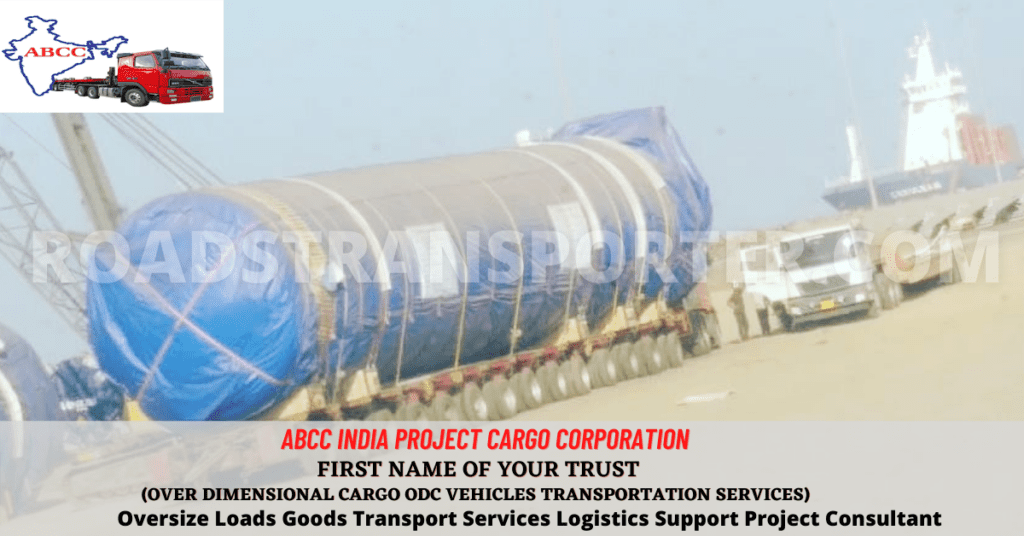
There are a number of challenges involved in transporting oversize loads between India and Pakistan. These challenges include:
The need for special permits:
Oversize loads often require special permits from the governments of India and Pakistan. These permits can be difficult to obtain and may take several weeks or even months to process.
The need for specialized equipment:
Oversize loads often require specialized equipment to transport them safely. This equipment can be expensive to rent or purchase and may not be readily available in both countries.
The need for careful planning:
Oversize loads require careful planning to ensure that they can be transported safely and efficiently. This planning must take into account the size and weight of the load, the route that will be taken, and the available infrastructure.
The risk of delays:
Oversize loads are more likely to experience delays than smaller loads. This is because they may require special routing and may be subject to additional inspections.
The risk of damage:
Oversize loads are more likely to be damaged in transit than smaller loads. This is because they are more difficult to secure and may be more vulnerable to the elements.
Despite these challenges, oversize loads can be transported safely and efficiently between India and Pakistan. By carefully planning the transportation and by using specialized equipment, businesses can ensure that their oversize loads arrive at their destination on time and in good condition.
Here are some additional tips for transporting oversize loads between India and Pakistan:
Choose a reputable transportation company:
When transporting oversize loads, it is important to choose a reputable transportation company that has experience in this type of transportation. This will help to ensure that your load is transported safely and efficiently.
Get all the necessary permits:
Before transporting an oversize load, it is important to get all the necessary permits from the governments of India and Pakistan. This will help to avoid delays and ensure that your load is transported legally.
Use specialized equipment:
Oversize loads often require specialized equipment to transport them safely. This equipment can be expensive to rent or purchase, but it is essential for ensuring the safe transportation of your load.
Plan carefully:
Oversize loads require careful planning to ensure that they can be transported safely and efficiently. This planning must take into account the size and weight of the load, the route that will be taken, and the available infrastructure.
Be prepared for delays:
Oversize loads are more likely to experience delays than smaller loads. This is because they may require special routing and may be subject to additional inspections.
Secure your load properly:
Oversize loads must be secured properly to prevent them from shifting during transit. This can be done using a variety of methods, such as chains, straps, and dunnage.
Inspect your load regularly:
Oversize loads should be inspected regularly during transit to ensure that they are secure and that there is no damage. This will help to prevent any problems from occurring.
By following these tips, businesses can help to ensure that oversize loads are transported safely and efficiently between India and Pakistan.
